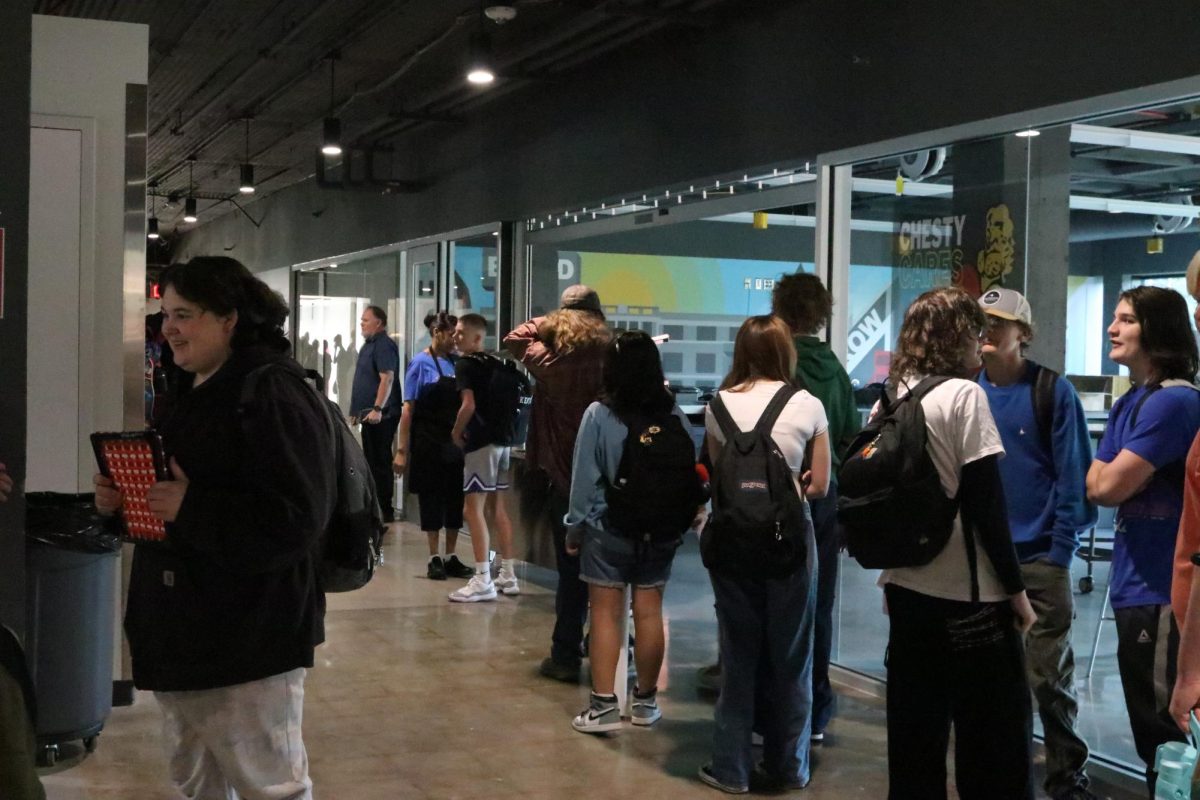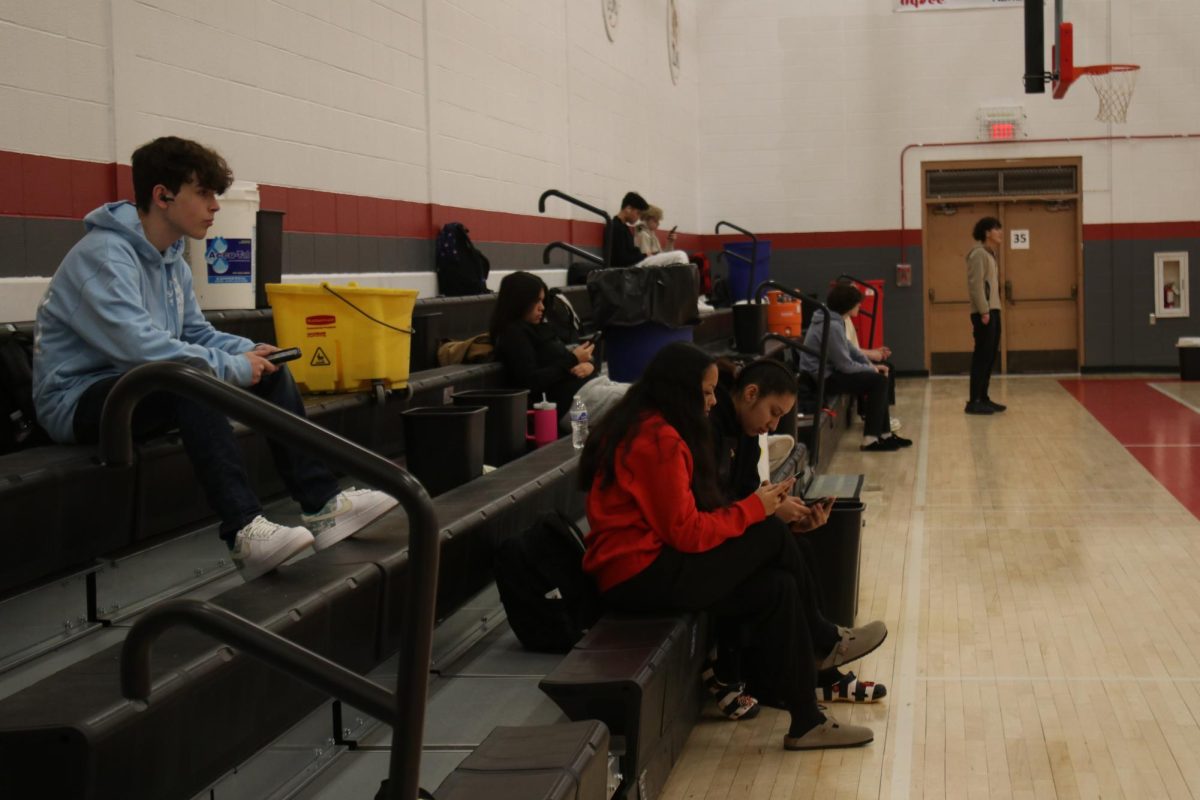Government shutdown leans heavily on debate moving forward
Shutdown talks continue to break down, leaving much up to future debate

February 25, 2019
The longest government shutdown in American history is finally over. At least for now.
The shutdown began on Dec. 22 and ended on Jan. 25. Over these 35 days, 25 percent of government services were unavailable, leading 800,000 federal employees to miss paychecks during that time. Congress and the White House have until Feb. 15 to come up with a compromise before the government shuts down again.
This shutdown centered around the issue of immigration, specifically around whether President Donald Trump’s proposal for a wall on the southern border is moral or effective.
Who’s at fault for the shutdown depends entirely on your ideology. It is true that in 2006, leading Democrats like Senators Barack Obama, Chuck Schumer and Hillary Clinton supported building 700 miles of border fence. It is also true that Trump and the Republicans had two years of unified government to push the wall through. Trump didn’t make the wall a legislative priority like he promised, and he may pay for it in 2020.
Which is a shame. There are vitally important discussions to be had concerning immigration — such as the effects of imported cheap labor on the wages of domestic workers and the ramifications of rapid demographic and cultural change — but these discussions will remain irrelevant until the federal government is actually able to control who comes in and out of the country.
Each year, hundreds of thousands of people come across the southern border illegally. The vast majority are good, decent human beings seeking freedom and economic opportunity from the most prosperous country in the history of the world. The vast majority contribute positively to their communities and to the economy. Corporations progressives used to be skeptical of certainly enjoy taking advantage of them.
However, sovereign nations have borders. They have laws. A sovereign nation gets to determine who gets to cross their borders because a sovereign nation cares about the welfare of its citizens. Having an undocumented serf class of 11 million people and counting is not healthy for a sovereign nation. Neither is it healthy to have hundreds of thousands of pounds of lethal drugs and tens of thousands of human trafficking victims flowing across the border each year.
A real, substantive conversation over immigration can only start once the border is secured. A wall, barrier, fence, or whatever you want to call it should be a part of the solution, because contrary to popular belief, walls actually work. Look at Spain’s steel fence with Morocco, Egypt’s barrier with Gaza, and Israel’s southern border wall. A U.S. wall obviously wouldn’t extend the entire length of the border, and there would have to be other security.
Republicans and Democrats both have compelling interests in the immigration fight. Republicans are concerned with the security threat of a porous border. Democrats are concerned about treating immigrants with dignity and taking care of the people who have already come across. People from both parties, to some extent, recognize there is some validity to the other side’s concern, which is why there is a simple compromise here: border wall funding for legal protections for some illegal immigrants.
Modern politicos in Washington D.C. have shown themselves to be incapable of such a compromise. The issue was not time. Voters gave Republicans two years to implement their policy goals.
And the issue was not money. The $5.7 billion requested for the wall amounts to 0.19 percent of the federal budget.
This shutdown instead was reflective of our increasingly polarized politics, a polarization so deep that our leaders cannot even set aside their egos for one second to enact reform for the security of our country, or, God forbid, give Trump a victory.
So who is truly to blame for this shutdown? That’s for you to judge.
























